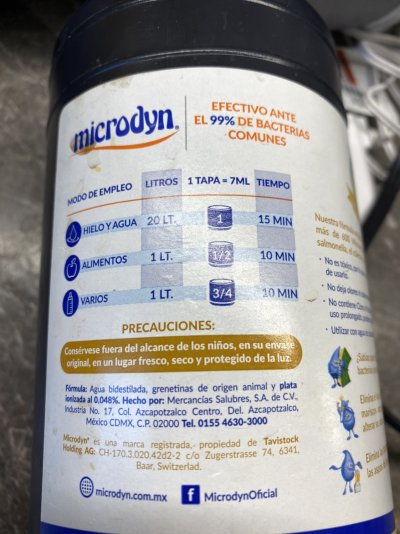tmm99
Give me a museum and I'll fill it. (Picasso) Give me a forum ...
- Joined
- May 15, 2008
- Messages
- 5,221
DH eats tons of apples and bananas every day. We normally wash the apples with water (we get our apples with local growers who do not use pesticides, but the farmer's market is no longer open, so we'll have to get new ones from regular stores) and we do nothing to the bananas before consumption.
With this coronavirus thing going on, how would you wash them? (I'm worried about the bananas too, as we don't know who touched them. DH won't go for putting gloves on every time he peels a banana...)
Some kind of bleach/water solution? Does anybody have a recipe? I looked online a bit, but nothing jumped out at me.
If I can get a good solution, I could buy fresh tomatoes and field cukes again.
Thank you!
With this coronavirus thing going on, how would you wash them? (I'm worried about the bananas too, as we don't know who touched them. DH won't go for putting gloves on every time he peels a banana...)
Some kind of bleach/water solution? Does anybody have a recipe? I looked online a bit, but nothing jumped out at me.
If I can get a good solution, I could buy fresh tomatoes and field cukes again.
Thank you!

